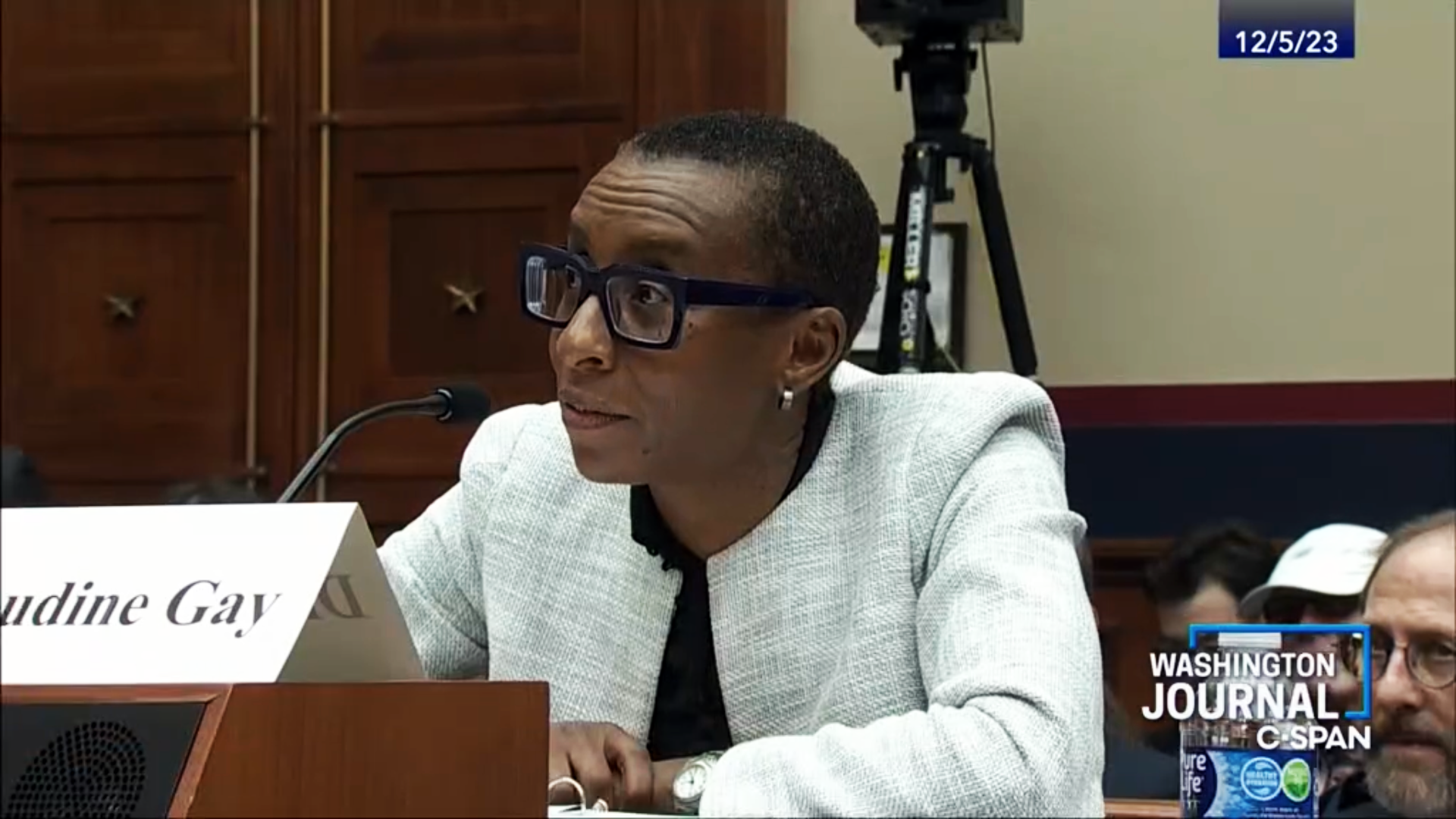For the past several years, Americans have become increasingly aware of the rot within public education. The clearest sign came this week, when the President of the nation’s most elite, taxpayer-funded university, Harvard, had to resign due to serial plagiarism, not to mention her apathetic approach to antisemitism. But the problem, as you know, has percolated down all the way to our local K-12 schools. U.S. reading and math scores are at historic lows nationwide. The problem is even more pronounced in many cities – many schools in Baltimore, for example, do not have a single student proficient in math, according to state data.
It’s no wonder that a record number of Americans are looking for alternative ways to educate their children. One study from The Washington Post found that since 2018, homeschooling has increased by 51% while public school enrollment is decreasing each year. But for many families, choosing a public-school alternative is financially out of reach. Sen. Mike Lee (R-Utah) has just introduced a bill to help ease that burden.
The Achieving Choice in Education Act (ACE Act) builds on a provision that was passed in the 2017 Tax Cuts and Jobs Act related to 529 savings accounts. For years, school choice advocates have worked to improve 529s. Unlike publicly funded vouchers or Education Savings Accounts (ESA), which we like but can come with certain government strings, 529s are tax-advantaged accounts that families put their own money into for specific qualifying education expenses. They provide a way for families to spend their money on the education expenses of their choosing without a heavy tax burden.
Traditionally, 529s have only been used for college expenses. But, the 2017 bill expanded the list of qualifying programs to include certain K-12 education expenses. While a step in the right direction, that change was limited in scope. It did not include homeschool expenses in the new list of approved expenditures and only allowed for certain private school-related costs. The ACE Act would build on this by including homeschool and more private school expenses as acceptable uses for 529 savings.
The legislation also makes 529 savings accounts more valuable by broadening federal tax exemptions for distributions. Currently, account distributions are capped at $10,000 per year, but the ACE Act would increase that to $20,000. The bill would also allow for gifts to 529 accounts to be tax-exempt, something not currently available for 529 deposits. Ultimately, the bill would allow families to use more of their money on the education expenses of their choosing. This alone would be great for struggling American families.
But the ACE Act doesn’t address only 529 accounts. It goes even further by incentivizing states to improve and broaden their school choice laws. For states with robust school choice laws, the interest on their municipal bonds, often used to fund local projects such as new school buildings, would be 100% tax-exempt. For states with only partial school choice (where 40% of students are eligible for a school choice program), their interest would be 50% tax-exempt. And for those states that don’t offer any kind of school choice to their students, the tax-exempt status of the interest on their bonds would be revoked.
While some opponents argue that the federal government should not be stepping into state affairs in this way, the truth is that, whether we like it or not, the federal government has been incentivizing state-level education programs for decades. By making states reliant on federal education dollars, the government has forced localities to adopt federal-level programs and policies that are often detrimental to learning (Common Core being the most publicized example). The ACE Act, however, is a refreshing way of wielding federal power to encourage states to do what is right – increase opportunities for students and families and escape the broken public education system.
While recognizing that education is, ultimately, a state and local issue, this bill amends current federal law to support and empower parents, which will have a positive impact overall. Broadening the application of 529s and using federal influence to improve school choice laws are both effective methods to do that. Concerned Women for America Legislative Action Committee (CWALAC) is proud to endorse a bill that will improve education in America and the lives of students nationwide. Contact your senators today and ask them to support Sen. Lee’s ACE Act using our Action Center here.


